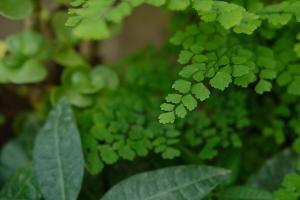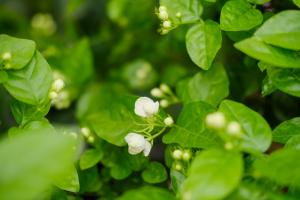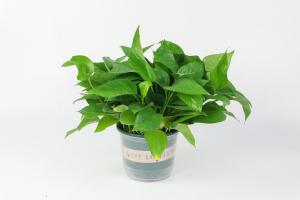What to Feed Tomato Plant
Tomato plants are one of the most favorite and popular vegetables in home gardens. They are relatively easy to grow, and with care, they can produce fruit for several months. However, for the best yield and quality, tomato plants need the right nutrients to thrive.
1. Nitrogen
Nitrogen is an essential nutrient that promotes vegetative growth, including the leaves and stems of the plant. It is one of the primary macronutrients needed by a tomato plant. Nitrogen deficiency can cause yellowing of the older leaves and stunted growth. To ensure adequate nitrogen supply to your tomato plant, you can use organic fertilizers like compost, manure, or blood meal. However, avoid over-fertilizing with nitrogen as it can lead to lush green foliage but little to no fruit production.
2. Phosphorus
Phosphorus is another vital nutrient for tomato plants. It is responsible for root development, flower formation, and fruit development. A deficient phosphorus supply can lead to slow growth, weak stem, and poor fruit formation. To increase phosphorus supply in your soil, you can use bone meal, rock phosphate, or fish emulsion.
3. Potassium
Potassium is necessary for general plant health, tolerance to heat, and cold, and the development of strong stems, leaves, and roots. It also aids in the regulation of water pressure inside the plant cells. A lack of potassium can lead to stunted plant growth, yellowing leaves with brown edges, and reduced fruit quality. To add potassium to your soil, you can use wood ash, greensand, or potassium sulfate.
4. Calcium
Calcium helps to strengthen the plant cell walls, reducing the risk of disease and environmental damage. It is also required for fruit development and ripening. Calcium deficiency can lead to blossom end rot, which is characterized by water-soaked spots on the bottom of the fruit. To add calcium to your soil, you can use gypsum, lime, or crushed eggshells.
5. Magnesium
Magnesium plays a vital role in chlorophyll production, which is necessary for photosynthesis. It also aids in the uptake of other essential nutrients like phosphorus and potassium. Magnesium deficiency can cause yellowing of the leaves that start from the edges, and the veins remain green. To supply magnesium to your soil, you can use Epsom salt or kieserite.
Conclusion
Feeding tomato plant requires a balanced supply of essential nutrients to ensure healthy growth, strong root formation, and maximum fruit production. Organic fertilizers are an excellent source of these nutrients, and they have added benefits of improving soil structure, adding beneficial microbes, and providing natural pest control mechanisms.

 how many times do yo...
how many times do yo... how many planted tre...
how many planted tre... how many pine trees ...
how many pine trees ... how many pecan trees...
how many pecan trees... how many plants comp...
how many plants comp... how many plants can ...
how many plants can ... how many plants and ...
how many plants and ... how many pepper plan...
how many pepper plan...
































